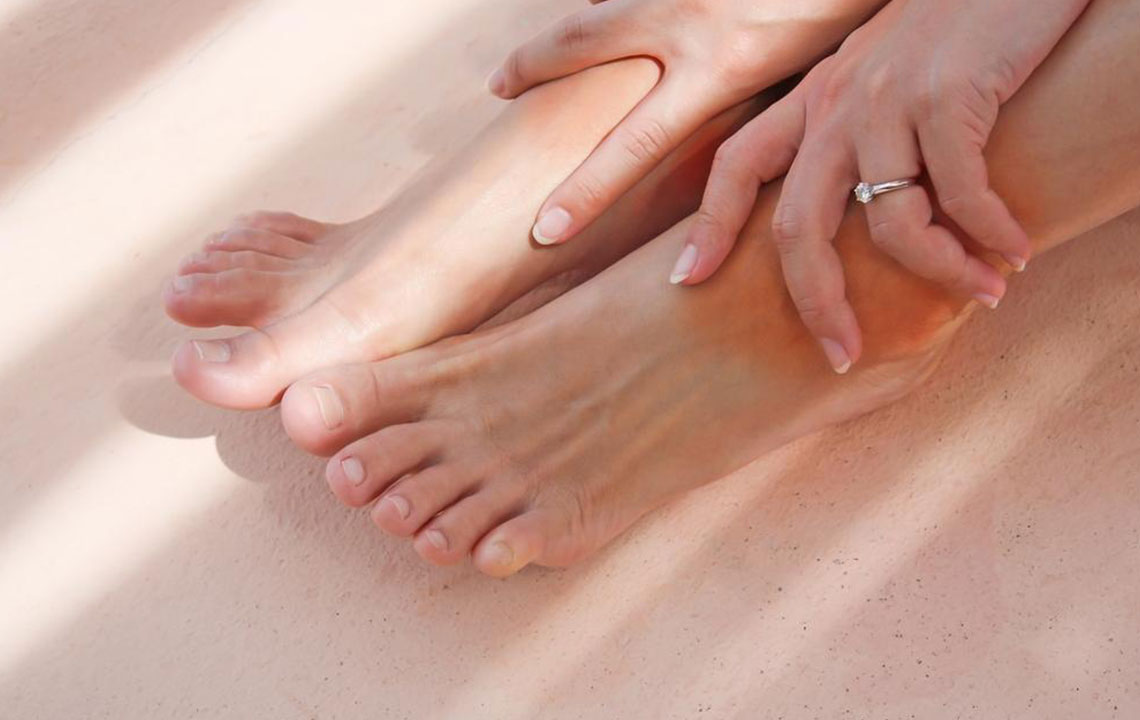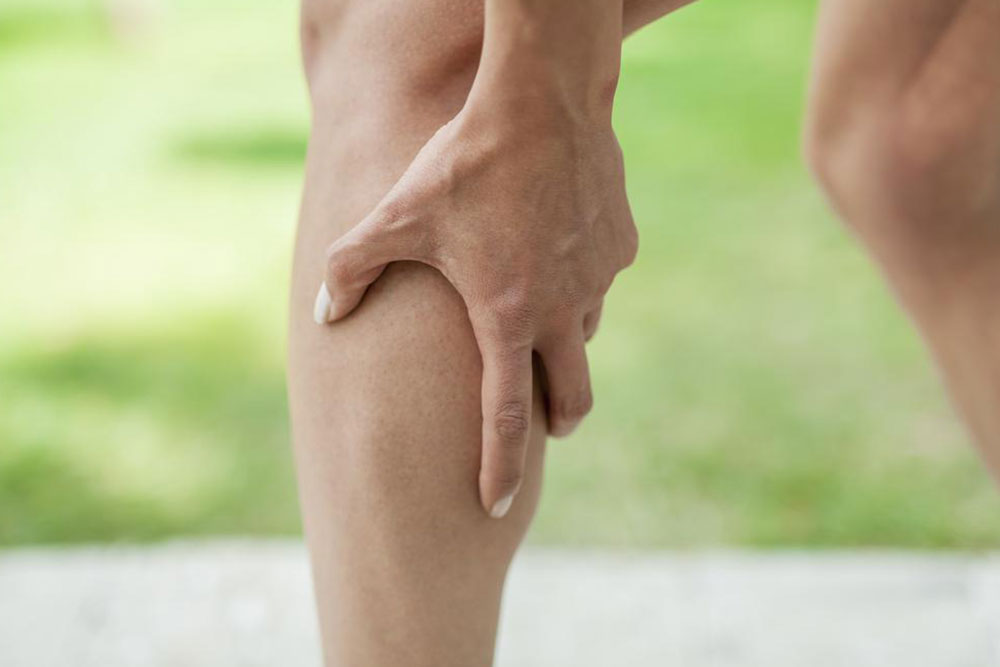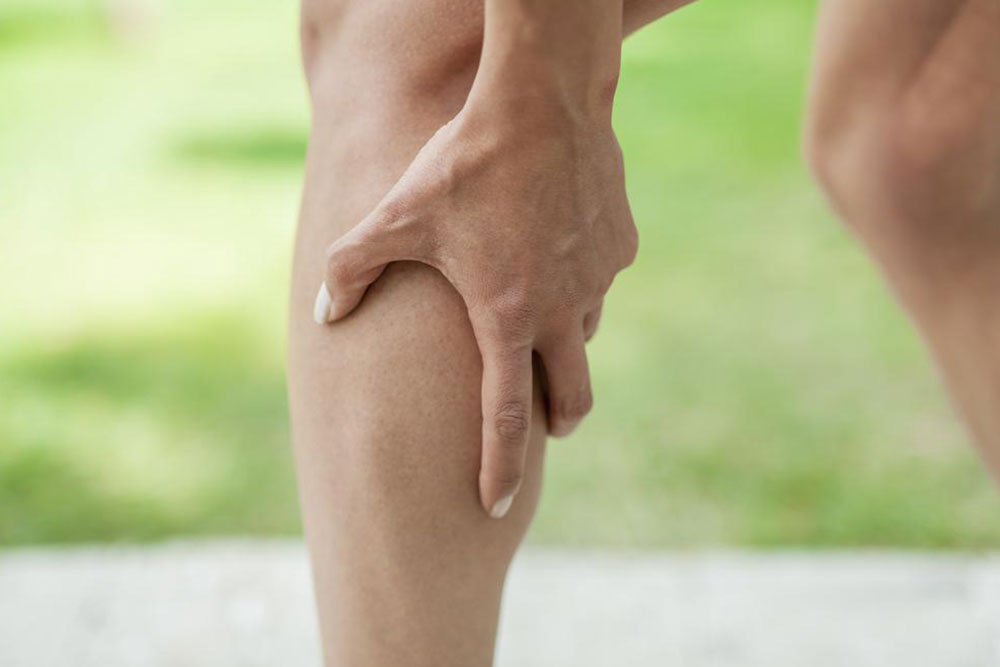Ultimate Guide to Preventing and Managing Nighttime Leg Cramps
This comprehensive guide provides in-depth information on understanding, preventing, and managing nighttime leg cramps. It covers causes, effective treatments, and lifestyle tips to help reduce discomfort and improve sleep quality. By following these strategies, individuals can alleviate muscle spasms, prevent future cramps, and enjoy better overall health.

Ultimate Guide to Preventing and Managing Nighttime Leg Cramps
Nighttime leg cramps are a common concern for many individuals, characterized by sudden, involuntary muscle contractions typically occurring in the calves during sleep or upon waking. These spasms can sometimes extend to the thighs or feet, causing sudden pain that disrupts restful sleep and affects overall quality of life. Understanding the underlying causes, effective relief strategies, and preventive measures is key to managing this uncomfortable condition.
Understanding the Causes of Night Leg Cramps
While the definitive cause of nocturnal leg cramps remains elusive, numerous factors have been identified that may contribute to their occurrence. Recognizing these factors can help in tailoring effective prevention and treatment strategies:
Intensive physical activity, muscle overexertion, or injury can predispose muscles to cramping, especially if muscles are fatigued or not properly stretched afterwards.
Electrolyte imbalances, often resulting from dehydration, can disrupt normal muscle function. Essential minerals like potassium, calcium, and magnesium play crucial roles in muscle contractions.
Pregnant women frequently report leg cramps, possibly due to increased demands for calcium and magnesium, along with hormonal and circulatory changes.
Exposure to cold temperatures or water can cause muscles to stiffen and become prone to spasms.
Poor circulation and deficiencies in key electrolytes—specifically potassium and calcium—are linked to a higher incidence of leg cramps.
Prolonged periods of immobility, such as sitting for extended times or standing on hard surfaces, can lead to muscle stiffness and cramps.
Sleeping in awkward or cramped positions may also contribute to muscle tightening during rest.
Some medications, including certain birth control pills, diuretics, antipsychotics, and steroids, may influence electrolyte balance or muscle function, leading to cramps.
Underlying health conditions such as kidney disease, thyroid disorders, and neurological issues like multiple sclerosis can predispose individuals to frequent leg cramps.
Additional Factors
Medications like diuretics, which increase urine production, can deplete electrolytes, increasing the risk of cramps.
Other health issues, such as nerve compression or metabolic disorders, can also be contributing factors.
To effectively manage nighttime leg cramps, a combination of lifestyle adjustments, home remedies, and medical interventions may be required:
**Stretching Exercises** - Gently stretching the affected muscle can provide immediate relief. For calves, flex the foot upward towards the shin and hold for 30 seconds. Regular stretching before bed can also reduce the frequency of cramps.
**Applying Heat** - Warm compresses or heating pads directly on the affected muscle help relax tight fibers. Taking a warm bath before sleep can promote muscle relaxation and prevent cramps.
**Stay Hydrated** - Consuming plenty of fluids is essential. Infusing water with lemon enhances electrolyte intake. Aim for at least 1.5 to 2 liters daily to keep muscles functioning optimally.
**Regular Movement** - Gentle walking or leg exercises during the day stimulates circulation. Moving the leg muscles can prevent stiffness and reduce cramp likelihood during rest periods.
**Over-the-counter Pain Relief** - Non-steroidal anti-inflammatory drugs like ibuprofen can alleviate severe cramps. Always consult a healthcare professional before using any medication.
Preventive Measures to Reduce Night Leg Cramps
Limit alcohol intake, as alcohol promotes dehydration and electrolyte imbalance.
Maintain balanced hydration by drinking water consistently until urine is clear or lightly yellow.
Adopt a diet rich in potassium, magnesium, and calcium, particularly important during pregnancy or for individuals prone to cramps.
Implement daily stretching routines, especially focusing on the calves and thighs, prior to bedtime.
Gradually increase physical activity levels to prevent sudden muscle strain or fatigue.
Use low-impact exercises like cycling regularly for muscle strengthening and endurance.
Consider taking multivitamin supplements to address nutritional gaps, especially if dietary intake is insufficient.
Ensure your sleeping arrangement allows comfortable movement — use loose-fitting sheets that do not restrict your limbs.
When to See a Healthcare Professional
If leg cramps persist despite home remedies, become severe, or lead to muscle weakness or injury, consulting a healthcare professional is crucial. They can evaluate underlying conditions, review medications, and recommend appropriate treatments. Proper diagnosis and intervention can significantly improve sleep quality and prevent long-term complications.
With combined lifestyle modifications, proper hydration, and medical guidance, nighttime leg cramps can be effectively managed, ensuring restful sleep and improved quality of life.





